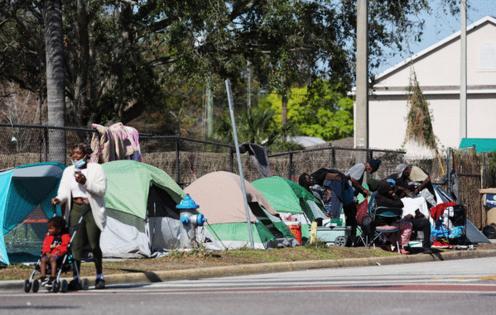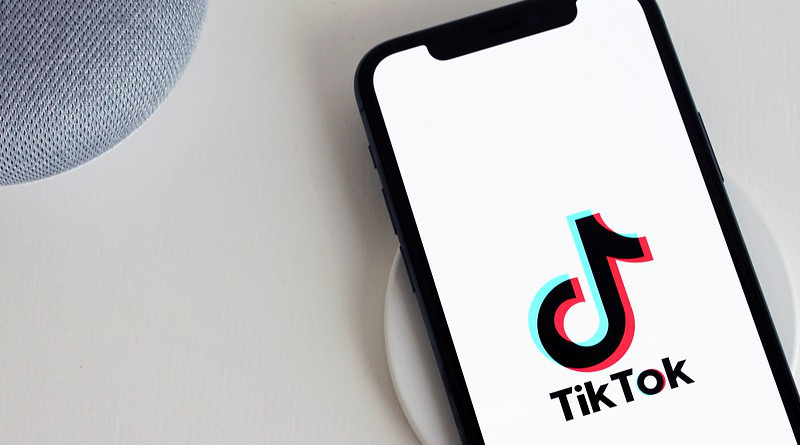
Alia Brahimi
This month, the UN Special Envoy for Libya, Abdoulaye Bathily, resigned his position with visible frustration. Bathily was charged with delivering the troubled country to long-delayed elections, as it remains politically and militarily divided between east and west, but the peace talks were performative from the start.
Last week, Canadian police uncovered a conspiracy by two former UN employees in Montreal to sell Chinese drones to Libya, in direct violation of UN sanctions—and also to export millions of drums of Libyan crude oil to China at a heavily discounted price, in exchange for million-dollar kickbacks.
The reality is that a political agreement in Libya is so elusive because an economic bargain has already been struck. And Libya’s oil sector is central to the corruption binge.
For more than a decade now, and particularly in the last 18 months, political elites across the divide have worked together to carve up Libya’s institutions—and their budgets—between themselves, as well as all manner of black-market fiefdoms.
Bathily, a seasoned Senegalese diplomat, found that his Libyan interlocuters were not negotiating in good faith; but there was no rational incentive for them to change the current system or to help the United Nations turn off the taps to their patronage networks and private interests.
Meanwhile, Libyans themselves are experiencing a crippling economic crisis, despite living atop Africa’s largest oil reserves—and in the time of a relatively high global oil price.
In tandem, a geopolitical storm is gathering. Sources indicate that a significant number of new Russian fighters arrived this week in southern Libya—joining the 1800 already in-country—with some of them destined for Niger, and the remainder for Libya’s oil installations.
In addition, since last summer, the Kremlin has put plans in motion for a Russian naval base at Tobruk. On April 8, a vessel escorted by the Russian navy docked at the port and unloaded 6,000 tons of military hardware. But equipment has been coming in for weeks, from radars and communications tools to T-72 tanks.
The base will empower Russia to grow its supply operations—whether of fighters, weapons, food, fuel, dollars, gold, or ammunition—to and from allies on the African continent.
At Tobruk, Russian proxies will gain sway over traffic crossing the larger Mediterranean and expand the smuggling economy around migrants, drugs, and fuel as a source of funds and as pressure points against Europe. Russia will also be better positioned to watch us closely and, perhaps in the future, to use surrogates to disrupt shipping, in the manner of the Houthi in the Red Sea. Furthermore, Russia can mobilize the corruption multiplying within the Libyan oil sector to fund its operations.
It’s not just that its Libyan allies, the family of eastern warlord Khalifa Haftar, now have access to the budgets of National Oil Corporation (NOC) subsidiaries and control of the private banks that hold NOC money. It’s also about Russia getting its hands on cash and fuel. Russia is helping the Haftars to print counterfeit 50-dinar notes in large quantities, which the Wagner Group can convert into dollars on the Libyan black market to fund its activities in sub-Saharan Africa. Wagner Group fighters are personally involved in the super-charged fuel smuggling operation gripping Libya—Libya is actually a net importer of refined petroleum products because investments have not been made in local refineries—which is itself a multi-billion-dollar industry.
To illustrate, last year the Libyan National Oil Corporation spent $17 billion importing fuel—in 2021 that figure was only $5 billion. Availability on the domestic market in no way reflects that increased supply—there are still queues around the block for petrol—meaning that the fuel is being smuggled out of Libya systematically and at record rates. And much of that fuel is being bought in the first place from Russia, through upstart brokers registered in Dubai and Turkey.
Furthermore, despite an unprecedented budget of roughly $12 billion over two years, which exceeds even its funding during the Gaddafi era, there is little sign that the NOC is capable of ramping up production to help Europe cope with the fallout from Ukraine. Many Libyans, including the head of the Libyan Presidential Council, are now asking where all of these billions have gone.
This oil corruption is threatening to embroil global energy giants, engineering an element of Western complicity. Last November, the Libyan Attorney General paused the signing of major deal between the NOC and a foreign consortium, including Total and Eni, owing to doubts over the transparency of the tender process for the NC-7 block and the fairness of the terms.
Similarly, a Libyan oil minister—who was abruptly removed from his post last month—warned Halliburton against working with an obscure, newly-registered Libyan entity in its development of the Dahra fields, pointedly advising that this “may raise questions about the possibility of corruption in the oil sector”.
In Libya, economic forces are clearly (mis)shaping political outcomes. In the wake of Bathily’s resignation, disrupting this corruption must be the new paradigm for international engagement.
The Biden administration can take the lead in adopting a financial prism and promoting intensified economic scrutiny, targeted sanctions, improved coordination amongst Western powers—even naming and shaming—to help break established patterns of predatory behavior and therefore the political deadlock favored by the current political class.
For too long the foxes in Libya have paid themselves to guard the henhouse. While the Biden administration cannot force a political settlement on Libyans, it can work to dry up the money to the spoilers. This would energize the potential for a democratic transition in Libya, just as it would deny Russia further opportunities to profit from Libya’s oil chaos.
***








